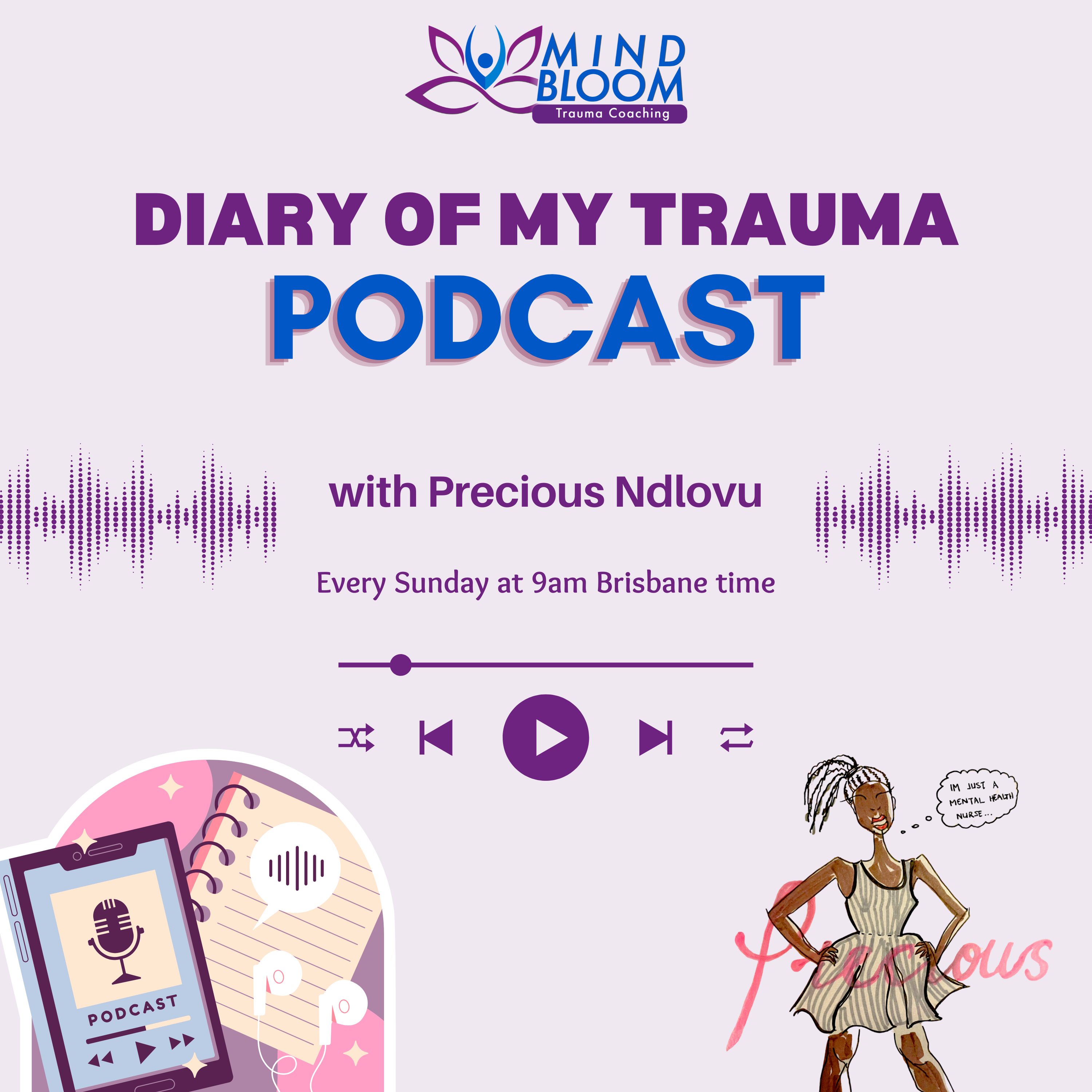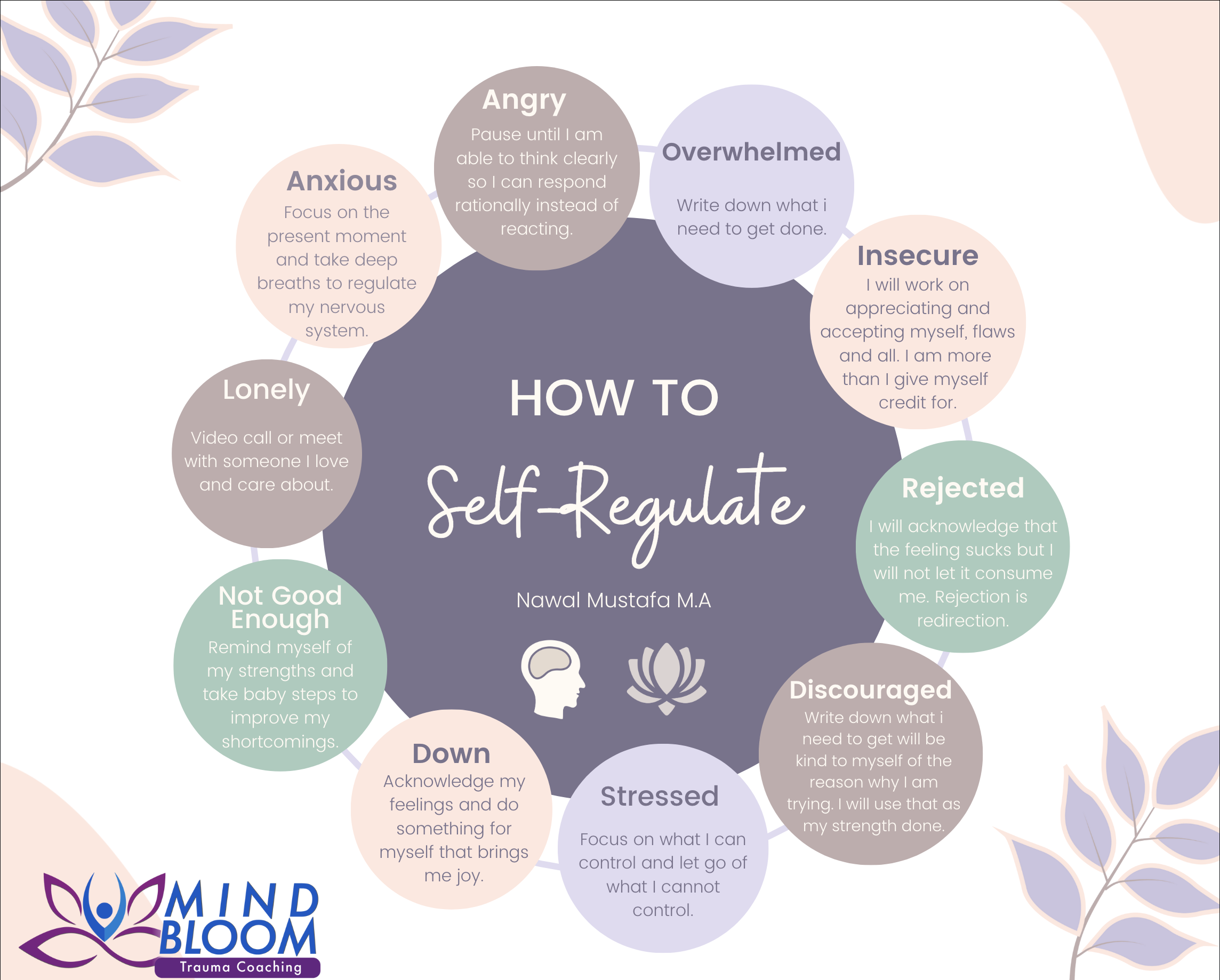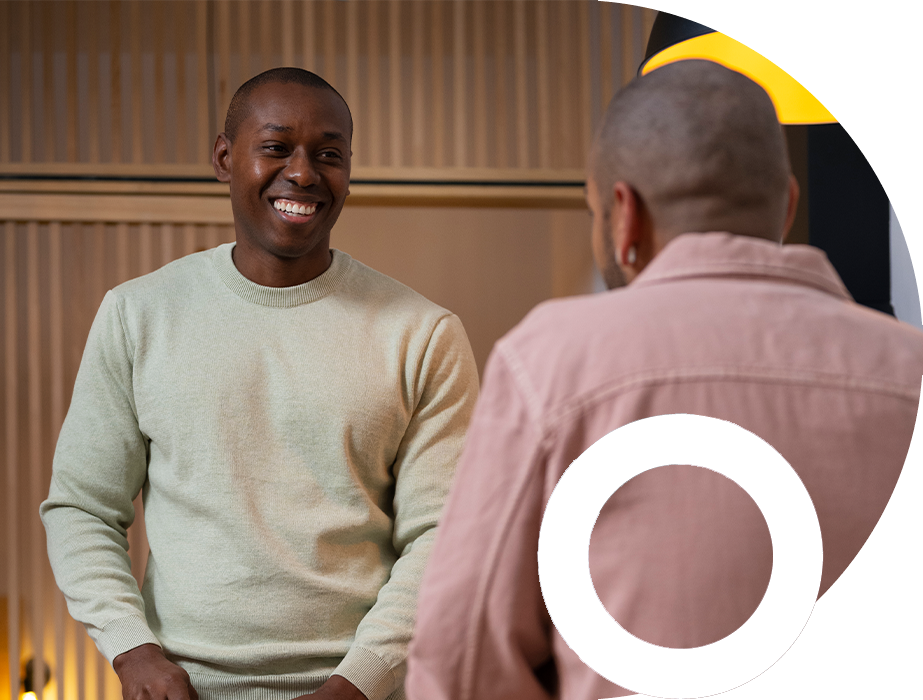Emotions can sometimes feel overwhelming but learning how to self-regulate helps us manage them effectively. Self-regulation involves being aware of our emotional responses and using practical tools to navigate through challenging situations. By developing mindfulness and coping strategies, individuals can transform negative emotions into constructive actions, enhancing emotional resilience.
Nawal Mustafa, also known as The Brain Coach, offers guidance on self-regulation techniques for different emotional states:
- When feeling anxious, she recommends grounding yourself in the present and practicing deep breathing to soothe your nervous system.
- When feeling overwhelmed, listing out tasks can provide clarity and reduce stress.
- When stressed, focusing on what you can control while letting go of what you cannot is key to managing stress more effectively.
Mustafa’s methods revolve around mindfulness and self-awareness, helping people channel their emotions into positive actions for long-term emotional well-being. See the illustration below for more self-regulation techniques from Mustafa.




